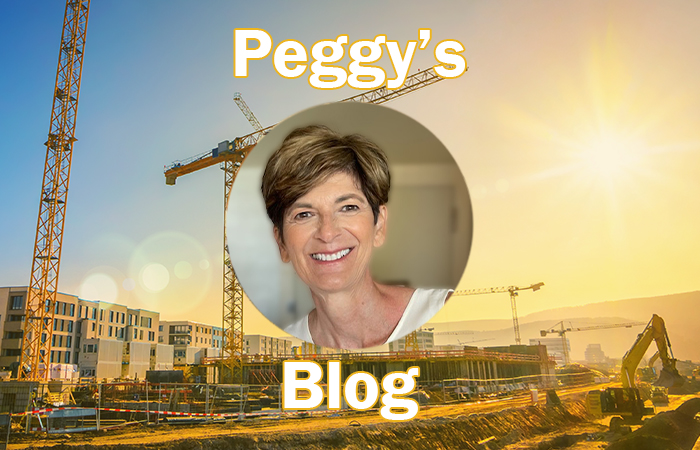I have spent several decades writing about women breaking through the glass ceiling in male-dominated industries like construction and manufacturing. The stories are always beautiful triumphs of women doing incredible things with business, process, and technology in an industry that isn’t traditionally built for them. But has it been enough? Are we still stalled in many areas?
A new survey piqued my interest when it crossed my desk earlier this month because it focuses on the biggest barrier preventing more women from entering the project profession in industries like construction, transport and logistics, and more.
The survey by the APM (Assn. of Project Management) of 1,000 project professionals (from junior to director level), shows of the 308 female respondents, a third (33.4%) say unequal pay is the main barrier, followed by gender stereotyping (32.5%), and not enough women having taken STEM (science, technology, engineering, and mathematics) subjects while studying at school, college, or university (29%).
However, among the male respondents to the survey, the most common reason as to why more women aren’t joining the project profession is that it’s still being perceived as male dominated (cited by 31.5% of male respondents). Yikes.
So, men think women aren’t joining because the profession is still perceived as male dominated and women believe unequal pay followed closely by gender stereotyping are genuinely the top reasons they are staying away.
To be very frank here, is this elephant in the room something the industry is trying to avoid simply by not talking about it? Does addressing the issue of pay raise too many eyebrows? Or do men really not see that unequal pay is still a problem? I am genuinely interested.
Because here is the reality: APM’s most recent Salary and Market Trends Survey highlights the salary figures for men and women working in the project profession, and it reveals a gender pay gap of 24%. That is not a small percentage. There is still much work to be done.
Although I should note there was some positive change outlined in the report, with women making up a growing proportion of those earning between £50,000 and £69,999—up from 20% from the previous year to 24%. Still, as I always report, the survey found women are still over-represented in roles where lower salaries are the norm: they account for four out of five project administrators (79%), while representing 57% of parttime workers. By contrast only 22% of consultants, who enjoy higher average salaries, are women.
Breaking this down a bit further by sector, APM’s survey also highlights the different opinions of project professionals. For example, in engineering, 43%, and in telecoms, 40%, said gender stereotyping is the biggest hurdle for women entering their profession.
Unequal levels of pay are considered as the greatest challenge to women entering project management as a career within the financial services sector (38%) and in technology (40%). For those in construction and transport and logistics, far too few women take STEM subjects at school, college, or university, which is often a big barrier for entering these sectors.
APM’s new survey also asked the profession what they considered to be main barrier for both men and women being recruited into the profession, with lack of awareness of project management as a career choice (30%) coming out on top, followed by a lack of skilled individuals (28%), and budget restrictions (28%).
Let’s do the hard work here. Let’s find ways to make pay more equal and address stereotyping in the workplace. Let’s find more ways to encourage women to consider project management as a career. I do believe some progress is being made recently, with many organizations focusing more on DEI (diversity, equity, and inclusion), but I am not sure it is enough—and I am not sure it is being done fast enough. I have been writing about women in construction for more years than I can count, and the numbers aren’t changing fast enough. What do you believe needs to be done to address this?
Want to tweet about this article? Use hashtags #construction #IoT #sustainability #AI #5G #cloud #edge #futureofwork #infrastructure


